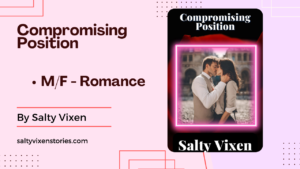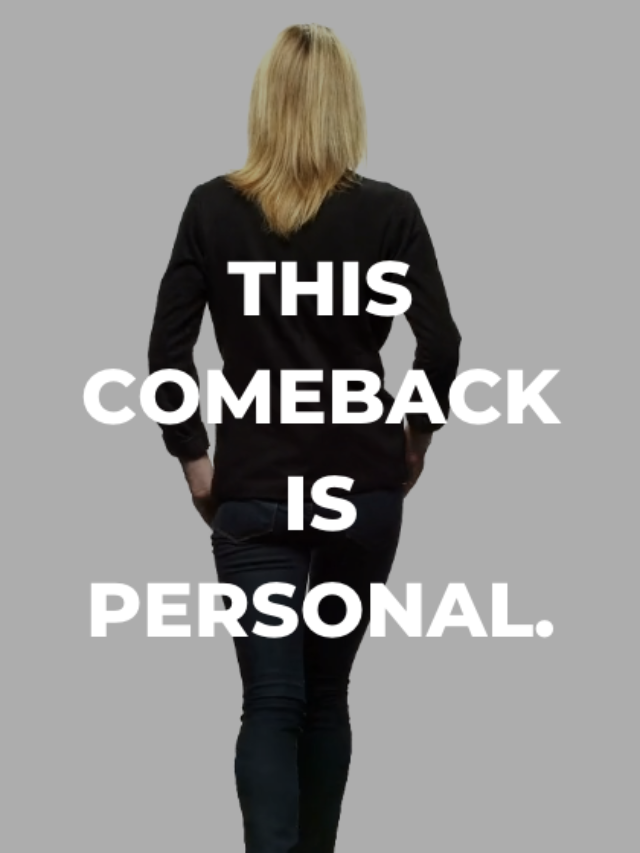If you are a newbie crime writer (or just a writer in general), you want to avoid rehashing the same tired clichés, that is, unless you plan to give them a good old refreshing.
While researching ‘clichés to avoid’ I stumbled across this great guest blog by Rob W. Hart on Mullholland Book’s site. It lists Rob’s ten most hated clichés that pop up time and again in crime fiction.
This inspired me to have a think about the clichés I hate to see in crime fiction. I’d say these are the three that bug me the most!
Good Cop v Bad Cop
I have to say, nothing I’ve read recently has dug up this tired cliché, but it is used relentlessly in certain US crime shows. And don’t get me wrong, I love certain US crime shows (*cough* Cold Case *cough*). I just can’t believe the criminal STILL falls for this, I mean really does this even still work in police interviews? Don’t we all know this ‘trick’?
I feel that this is a lazy method applied by the writer to coax a dumb criminal into confessing his sins and get the story over and done with. This doesn’t excite the reader and completely underestimates the demands of the modern-day crime fiction reader: give us something unexpected.
The Alcoholic
I’m all for inner demons, addictions and childhood trauma for our lead characters – it gives them depth and shows the reader, hey, even that high-ranking DCI is really just like us. Just as Rob W. Hart listed in his article, I also feel this is a particularly overdone cliché in crime fiction: ending a hard days’ work on the case with a stiff whiskey (or four). Yes, it must be seriously tough to work on some of the gruesome cases us general public love to read, but does this always have to be the defining characteristic?
This is a tough one because dependency on alcohol is a key attribute of the hard-boiled detective variety. There is also the fantastic juxtaposition of the hard-working cop who goes above and beyond to dish out justice, yet can’t keep his own life together: the alcoholic usually has in tow a failed marriage or two, an estranged child or financial problems.
Yet surely we could find other ways to demonstrate their humanity?
The Female Sex Symbol
I can forgive the use of the typical ‘femme fatale’ in old school crime noir, because that’s kinda one of the key themes. But it really makes me cringe in modern crime fiction. This crops up particularly where you have a strong female lead character – all she needs is a real man to take down her steely defences! Hoorah!
…Please.
Strong-willed women in senior positions can be celebrated in crime fiction without having to slip back to now-ancient stereotypes. Yes, a woman can have sex as a strong female character. No, she isn’t having sex with that ruggedly handsome male detective in the office because she couldn’t help it on account of her wild raging hormones.
I’ll get off my soap box now…
Other notable crime fiction cliché lists you should have a peep at include these 10 by William Meikle and take a look at David J. Mongomery’s 5 here (including some of the user comments!).
“So we all know the cliché characters: the Irish cop, the prostitute with a heart of gold, the writer with a drinking problem, and so forth. Clichés often exist for a reason, of course, and sometimes it’s okay to use a tried and true character. But not always. Populate your stories with only stock characters and there won’t be any reason to read your tales over anyone else’s.” Craig Hart
Over to you
I think this is a topic a lot of us crime fiction junkies can get behind, what would YOU add to the list?!




















